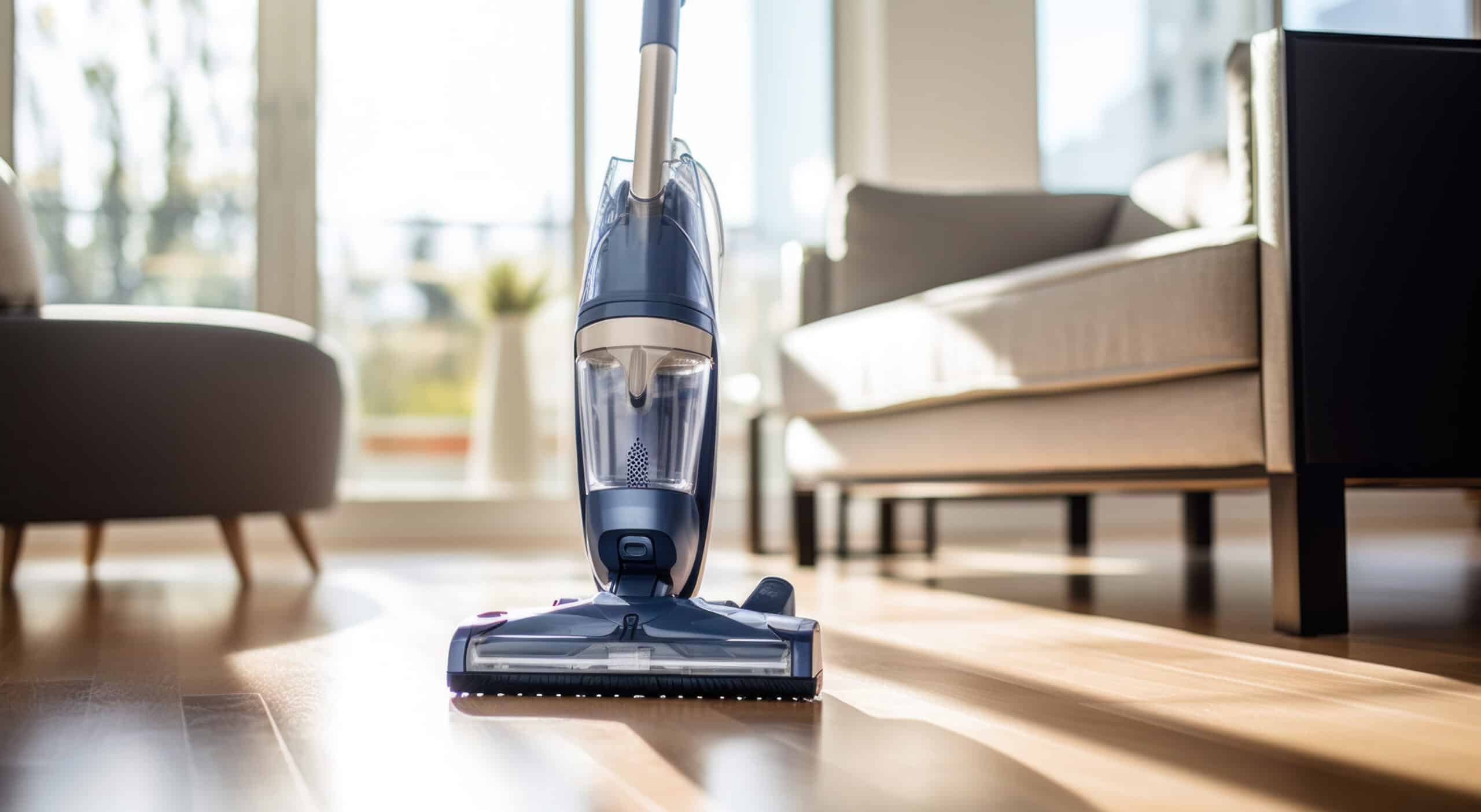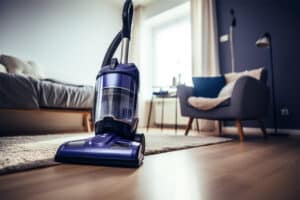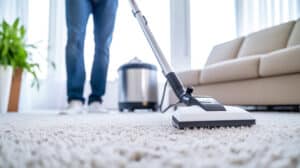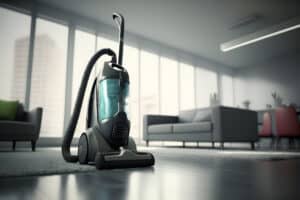How To Clean Vacuum Cleaner Hose?
Key Takeaways
- Cleaning your vacuum cleaner hose is essential for maintaining its efficiency and effectiveness in picking up dirt and debris.
- There are several methods for cleaning a vacuum cleaner hose, including removing visible debris, washing with mild detergent, and using a baking soda and vinegar mixture for deeper cleaning.
- It is important to follow the owner’s manual for specific instructions, replace the vacuum cleaner bag and filter regularly, and allow the hose to dry completely before reattaching it to prevent mold or mildew growth.
Keeping your vacuum cleaner hose clean is essential for maintaining its efficiency and ensuring that it continues to pick up dirt and debris effectively. Over time, hoses can become clogged with dirt, hair, and other debris, which can hinder the suction power of your vacuum. Regularly cleaning your vacuum cleaner hose will not only improve its performance but also help prevent odors and blockages.
Methods for Cleaning a Vacuum Cleaner Hose
There are several effective methods for cleaning a vacuum cleaner hose, and the best approach may depend on the specific type of vacuum you own. Let’s explore some of the most commonly recommended methods:
Method 1: Detach and Remove Debris
The first step in cleaning a vacuum cleaner hose is to detach it from the vacuum. Once removed, check the hose for any visible debris or clumps of dirt. Use your fingers or a stick to remove any large debris that can be easily dislodged. This step will help ensure that the cleaning process is more effective.
Method 2: Washing with Mild Detergent
After removing any visible debris, it is time to wash the hose. One common method is to use mild detergent or dishwashing soap mixed with water. This mixture can help remove dirt and stains from the hose. You can either soak the hose in the soapy water or use a bottle cleaning brush to scrub the inside thoroughly. Rinse the hose with clean water until all soap residues are gone, and make sure to rinse both ends of the hose.
Method 3: Baking Soda and Vinegar Mixture
For hoses that require a deeper clean, a mixture of baking soda and vinegar can be effective. This method is particularly recommended for Shark vacuum hoses. Start by dislodging any clogged elements in the hose. Then, create a mixture of baking soda and vinegar. Pour the mixture into the hose and allow it to sit for a few minutes. Afterward, rinse the hose thoroughly with water until all residues are removed.
Method 4: Central Vacuum Hoses
Cleaning central vacuum hoses requires a slightly different approach. If you have a central vacuum system, you can try using a pipe-like object to dislodge any clogged elements. Alternatively, you can run high-pressure water through the hose to unclog it. However, be cautious not to use excessive force that may damage the hose.
Method 5: Vacuum Attachments
Don’t forget to clean your vacuum attachments as well. Detach them from the vacuum and clean them with a mixture of water and dishwasher soap. Alternatively, you can use a manufacturer-recommended cleaning solution if available. Cleaning the attachments regularly will prevent dirt and debris from accumulating and affecting their performance.
Tips for Cleaning Vacuum Cleaner Hoses
Here are some additional tips to consider when cleaning your vacuum cleaner hose:
- Always check the owner’s manual for specific instructions on cleaning the hose. Different vacuum models may have different guidelines or restrictions.
- If there is an unpleasant smell coming from your vacuum cleaner hose, refer to the owner’s manual for guidance on how to eliminate the odor effectively.
- Replacing the vacuum cleaner bag and filter regularly can also help eliminate odors and maintain the overall cleanliness of your vacuum.
- Allow the hose to dry completely before reattaching it to the vacuum. This will prevent mold or mildew growth.
- If you are unsure about any specific cleaning method or have concerns about damaging your hose, it is best to consult a professional or contact the vacuum manufacturer for guidance.
Related Websites:
FAQs:
Q: Why is it important to clean a vacuum cleaner hose?
Regularly cleaning a vacuum cleaner hose ensures optimal performance and suction power. A clean hose prevents clogs and blockages, allowing for more efficient cleaning and prolonging the vacuum cleaner’s lifespan.
Q: What materials are vacuum cleaner hoses made of?
Vacuum cleaner hoses can be made of various materials, including plastic, rubber, or a combination of both. The specific material depends on the brand and model of the vacuum cleaner.
Q: How often should I clean my vacuum cleaner hose?
To maintain optimum performance, it is recommended to clean the vacuum cleaner hose at least once every few months. However, if you notice a decrease in suction power or any blockages, clean it immediately.
Q: Can I use any cleaning products on the vacuum cleaner hose?
It is best to avoid using harsh chemicals on the vacuum cleaner hose. Warm water and mild soap are sufficient for rinsing. Excessive water should also be avoided to prevent damage to the hose.
Q: How can I prevent future blockages in the vacuum cleaner hose?
To prevent blockages, avoid vacuuming large debris or liquids that can clog the hose. Additionally, periodically deep cleaning the hose using long brushes or cloth can help remove stubborn dirt or blockages.






